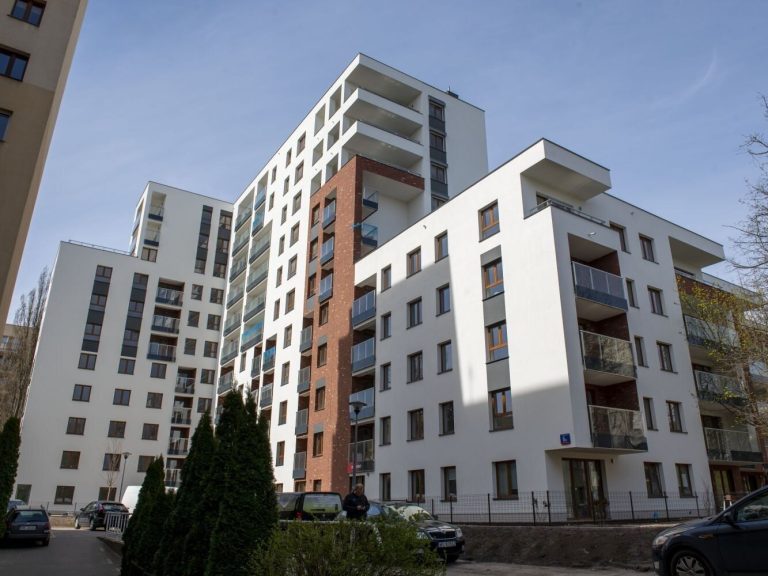Prof. Kolodko for “Wprost”: The militarization of the Polish economy may lead to an increase in taxes

– Poland is not on the periphery, but we are not the center of this world either. However, if for geographical reasons it is profitable for someone to fly from Berlin and not from Warsaw, then this is what liberalization and integration is all about, right? – says in an interview with “Wprost” prof. Grzegorz W. Kołodko, lecturer at the Kozminski University, former deputy prime minister and minister of finance in four different governments.
Szymon Krawiec, “Wprost”: We have 35 years since the Wilczek Act came into force. How do you assess the state of Polish entrepreneurship today?
Grzegorz W. Kolodko: Overall positive. Apart from self-government, entrepreneurship is the basis for the significant achievements of our economy and it is entrepreneurship, not politics, that contributes significantly to economic expansion.
Is Poland a good country to do business?
I think so. Compared to other countries in this wandering world, which I know quite well, we do relatively well. The conditions for running a business are complex. Starting from the institutional regulation of management, which is significantly influenced by our twenty-year membership in the European Union, through the impact of politics, not only the strictly economic one, and the quality of education of entrepreneurs and the professionals serving them, to the geopolitical location. Over time, not all of these conditions change for the better, but the resultant of them is beneficial. It is difficult to measure it quantitatively, but I think that compared to the rest of the world, favorable conditions for doing business in Poland are above average, and within the European Union certainly not worse than in most of its member states.
What have Polish entrepreneurs achieved over these 35 years?
These three and a half decades have been by no means a linear process; There were periods of varying degrees of progress, but I think we were still on an upward trajectory. It is undoubtedly a great achievement to avoid oligarchization of the economy, which was not achieved in many other countries undergoing post-socialist political transformation, especially those east of Poland.
The success is that many entrepreneurs were able to expand their production and services beyond the country's borders, demonstrating international competitiveness.
Their achievement is also the skillful use of technology transfer from economies that are more advanced than us in this respect to improve the modernity of their production and service lines.
What did we fail at?






